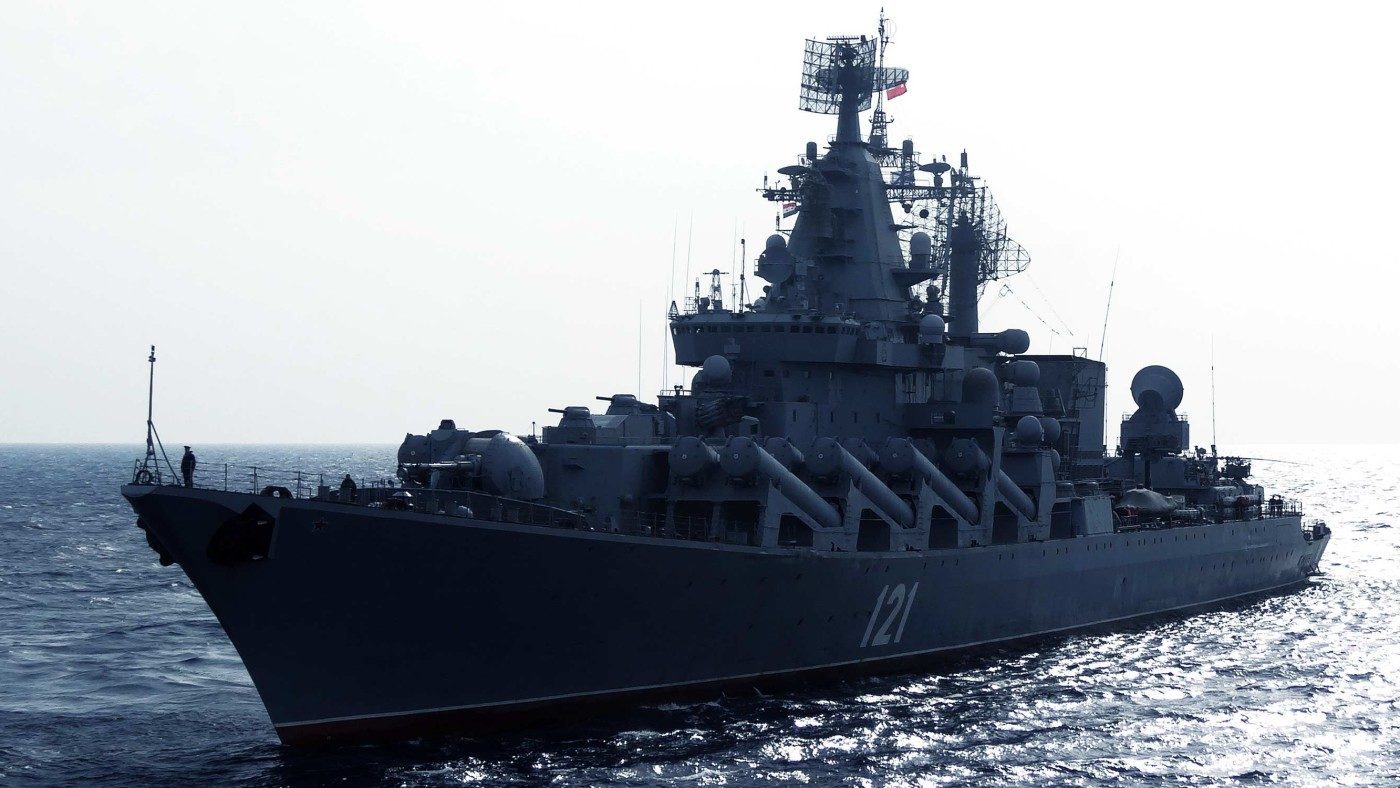Russia may not want a war with Turkey, but there are signs it is softening up Russian public opinion in case it needs to make the case for conflict. By so doing it is playing a dangerous game as it is upping the stakes in the Syrian war and thus challenging its rivals to respond or back down.
A recent sign of this is a subtle, and mostly overlooked, shift in a small section of the Russian media concerning responsibility for the bombing of the Russian airliner over the Egyptian Sinai in October late last year.
Relations between the two countries, which have been rivals for centuries, took a sharp downturn in November after the Turks shot down a Russian jet on the border with Syria. There was a brief flurry of bellicose rhetoric from Moscow and Ankara, but, with neither side wanting a real shooting match to break out that then settled down.
However, with the war in Syria reaching another critical phase the rhetoric has begun to flare again.
Last autumn Moscow quickly blamed ISIS linked terrorists for bringing down the Russian Airbus A321 over Sinai with the lost of 224 lives. Most Western intelligence agencies concurred, albeit after a longer period of investigation. This didn’t change, even after the Russian jet was shot down by the Turks. Russia later named ISIS as responsible for the Sinai attack, and ISIS itself published a photograph of what it said was the bomb.
However this month, a Kremlin friendly Russian newspaper Kommersant published an article suggesting that in fact the Turkish ultra nationalist terror group The Grey Wolves may have been behind the Sinai attack, claiming that a baggage handler suspected of planting the bomb had been in Turkey shortly before the atrocity. This story was followed up by the Sputnik news service which is a mouthpiece for the Kremlin. It repeated the implausible idea that the Islamist hating Grey Wolves were in league with ISIS. Increasing numbers of Russians are also buying into the idea that ISIS is supported by the Turkish state, another idea promulgated by Kremlin sources.
So, if this is a classic propaganda push the question is why now? The answer appears to be the situation in Syria.
The Russians have moved from shoring up President Assad’s forces, to going on the offensive and taking territory. In the run up to this weeks ‘peace deal’ in Munich the Kremlin suggested a cease fire in three weeks’ time. This was almost certainly to buy them time to make significant advances in the Aleppo region. As it is they agreed to a ceasefire in a week but in the knowledge that the deal will probably not stick and either way insisted they had the right to continue to attack ‘terrorists targets’.
So, if the war is to continue, and if as Assad said yesterday he intends to take back the whole country, Russia needs to position itself to do what it wants, without being opposed, especially by a potential Turkish incursion into Syria which has been on the cards for several months now.
Moscow has already positioned extra air defence systems into northern Syria in the wake of losing its jet last November. It has also introduced extra fighter jets and bombers, and slightly increased its ground troops.
It has also announced military exercises in the Caspian Sea and the Black Sea. In both instances its forces were put on full combat readiness. Most reporting of the exercises say they are linked to the situation in Ukraine, and while this is plausible, it is also possible they are in fact linked to the Syrian/Turkey situation.
Taken as a whole, the picture appears to be one of Russia signalling to Turkey, and therefore to NATO, including the USA, that it is in the driving seat. It is saying that is pre-positioning the equipment necessary to escalate if necessary and thus warning others not to get involved.
For several months now eminent foreign policy analysts have been writing that Russia is looking for an exit strategy in Syria. The evidence suggests otherwise.
This article was originally published by Tim Marshall at The What And The Why, and can be found here.


